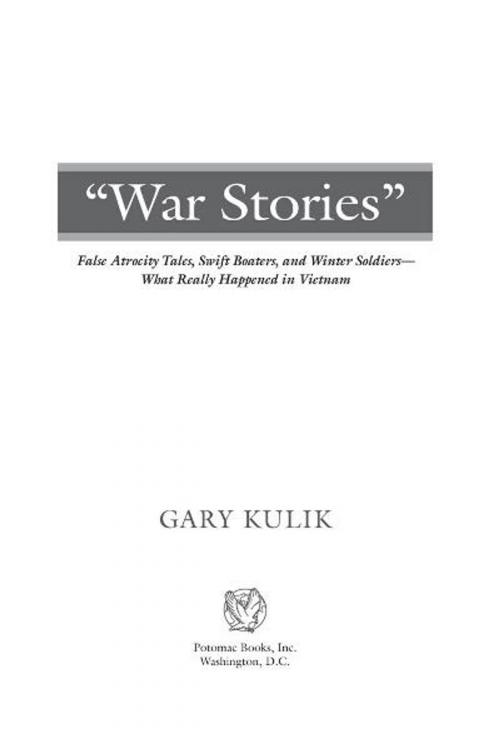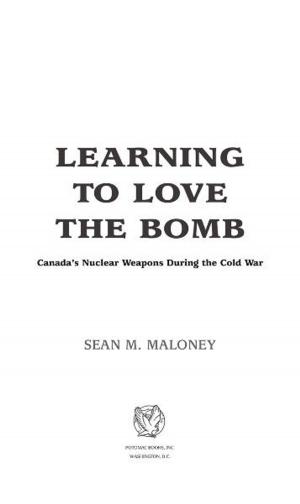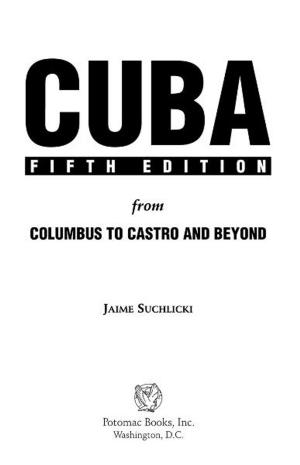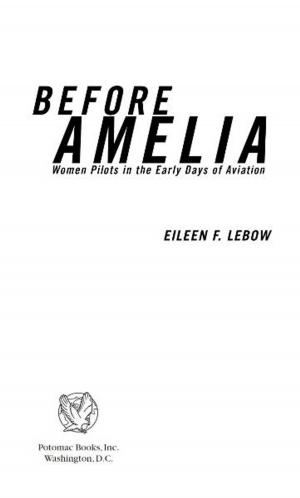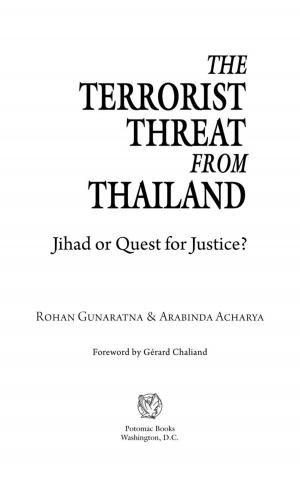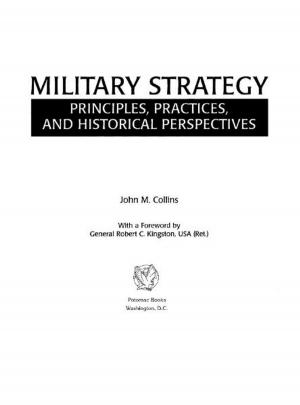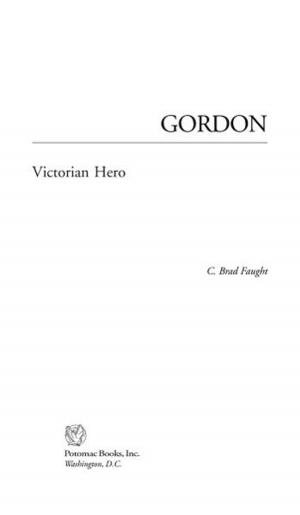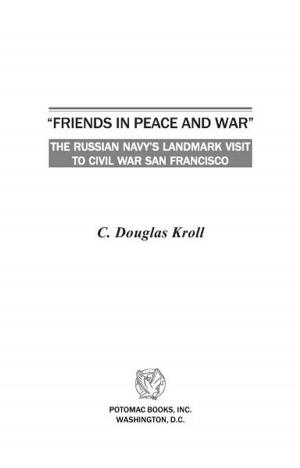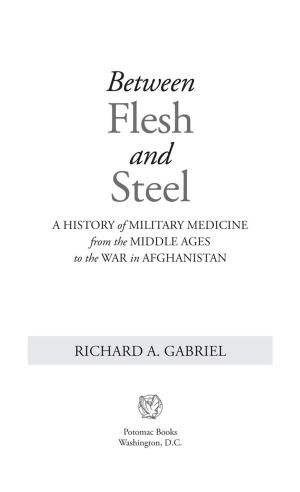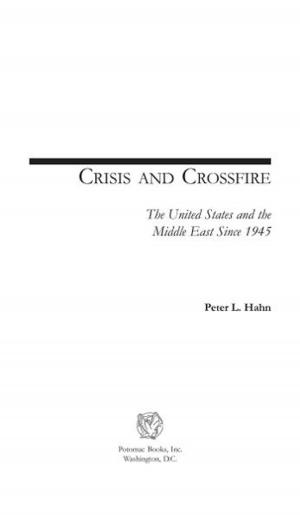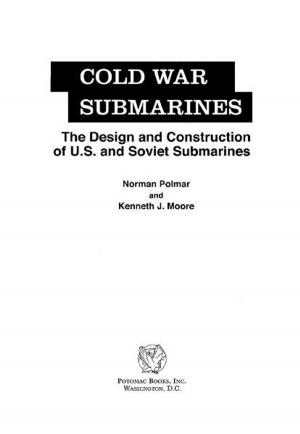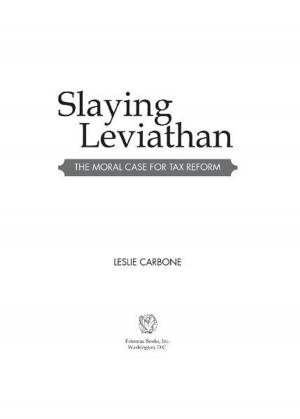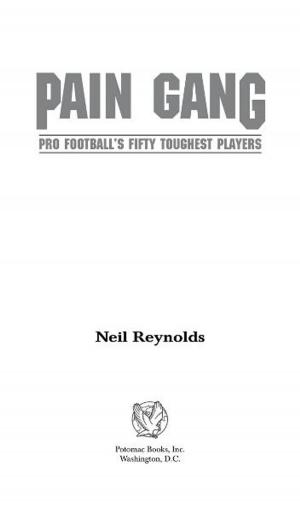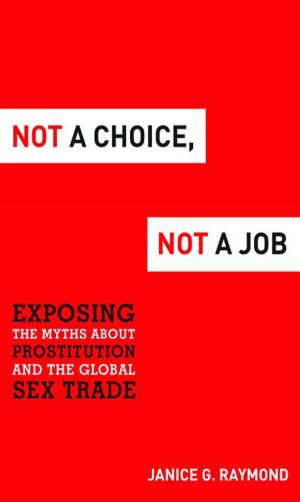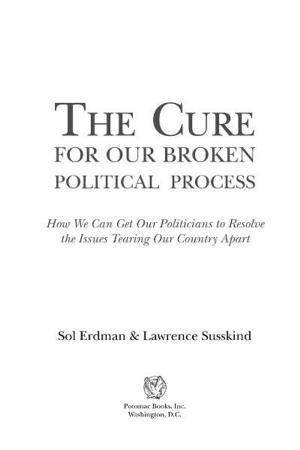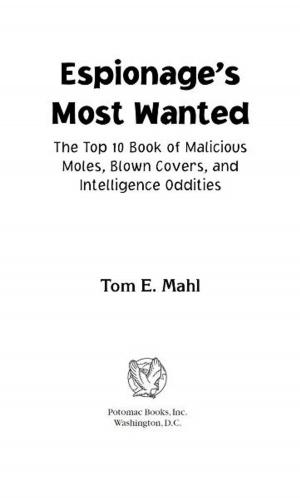| Author: | Gary Kulik | ISBN: | 9781597976374 |
| Publisher: | Potomac Books Inc. | Publication: | October 31, 2009 |
| Imprint: | Potomac Books Inc. | Language: | English |
| Author: | Gary Kulik |
| ISBN: | 9781597976374 |
| Publisher: | Potomac Books Inc. |
| Publication: | October 31, 2009 |
| Imprint: | Potomac Books Inc. |
| Language: | English |
War stories are mostly innocent fables and understood as such by both the teller and the hearer. However, they have long been used for political and national purposes, and those about the war in Vietnam were no exception, as painfully evidenced in the 2004 presidential campaign. John Kerry campaigned as a war hero. His opponents cast him as a liar and a traitor and their 'war story' prevailed. "War Stories" delves into the myths associated with the Vietnam veteran's experience and looks at them through the war stories they told and continue to tell. Kulik conducts an extremely thorough review of the Vietnam literature and interviews participants wherever possible, poking holes in the war myths of people throughout the political spectrum. "War Stories" discusses how returning Vietnam vets were treated and delves into the myths that atrocities were commonplace, that all veterans of that war suffer from PTSD, and that all are guilt ridden. Kulik's research and analysis of such stories lies at the heart of this book's originality and provides a new perspective on the Vietnam War for scholars, students, and general readers. His purpose in exposing such stories is not to deny or minimize American war crimes in Vietnam but to cut through the cant of false stories so that we retain our outrage at those that are true. As we are faced with future 'war stories' from Iraq and Afghanistan and their likely exploitation, the moral stance and the lessons learned in this book will be especially important.
War stories are mostly innocent fables and understood as such by both the teller and the hearer. However, they have long been used for political and national purposes, and those about the war in Vietnam were no exception, as painfully evidenced in the 2004 presidential campaign. John Kerry campaigned as a war hero. His opponents cast him as a liar and a traitor and their 'war story' prevailed. "War Stories" delves into the myths associated with the Vietnam veteran's experience and looks at them through the war stories they told and continue to tell. Kulik conducts an extremely thorough review of the Vietnam literature and interviews participants wherever possible, poking holes in the war myths of people throughout the political spectrum. "War Stories" discusses how returning Vietnam vets were treated and delves into the myths that atrocities were commonplace, that all veterans of that war suffer from PTSD, and that all are guilt ridden. Kulik's research and analysis of such stories lies at the heart of this book's originality and provides a new perspective on the Vietnam War for scholars, students, and general readers. His purpose in exposing such stories is not to deny or minimize American war crimes in Vietnam but to cut through the cant of false stories so that we retain our outrage at those that are true. As we are faced with future 'war stories' from Iraq and Afghanistan and their likely exploitation, the moral stance and the lessons learned in this book will be especially important.
